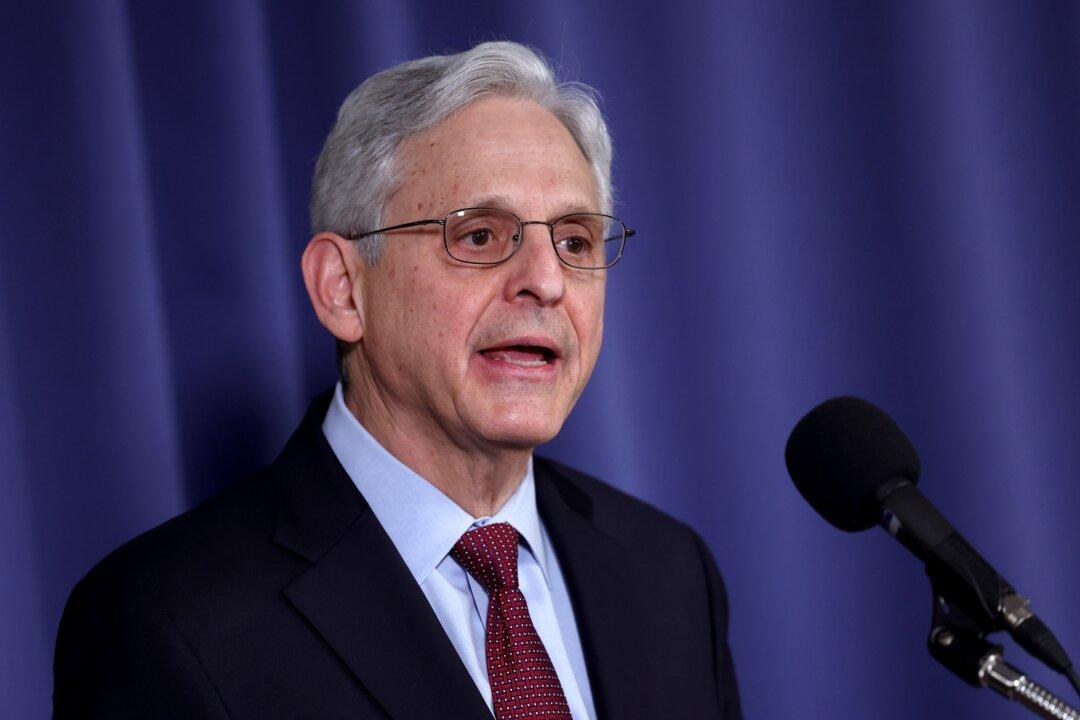Attorney General Merrick Garland on June 23 denied claims from a whistleblower alleging the Department of Justice (DOJ) had interfered with an Internal Revenue Service (IRS) investigation into unreported income Hunter Biden had received from multiple foreign sources.
The denial came in response to the House Ways and Means Committee’s unveiling on June 22 of stunning revelations from whistleblower IRS Supervisor and Special Agent Gary Shapley, who alleged that the IRS and Department of Justice (DOJ) had given Hunter Biden “preferential treatment,” interfering in the investigation to shield the president’s son from having search warrants or charges pressed against him.





